Jordan Love is a Holt employee, Holt Korean adoptee and also has dwarfism. Here he shares about how he, as a “special needs” adoptee, turns his labels into opportunities.
I have dwarfism and stand at only 3 feet tall, so most of the conversations I have about my life have to do with that. But lately, I have had a strong desire to discuss my other source of individuality – the fact that I am a Korean adoptee.
I can only talk about my own experience. I understand that all adoption stories are different and have their own difficulties and joys. I don’t want to tear down anyone else’s experiences. I just want to tell my story – my “Love” story.
I was found abandoned in the streets of Ilsan, South Korea and was brought to the Ilsan Center, where I stayed until I was adopted at 4 years old. During my time at the Ilsan Center, I was placed in the “Love” house and was cared for by wonderful housemothers, including Molly Holt.
Ilsan is a care home where physically and mentally disabled children live and receive specialized therapy and medical care, support to become independent and more until they can — hopefully — be adopted. All of the children here are disabled or have “special needs.” And I am proud to say that I am a special needs adoptee.
The Love Family
My parents, Dwayne and Jackie Love, lived in Pleasant Hill, Oregon and had previously adopted a sibling group and an older child from Korea. My mother had seen my picture in the Holt International magazine, called up my dad while he was working as a truck driver, and said that she had found their next son. She called Holt International and inquired about me. Apparently I was in hot demand, because another family was in the process of adopting me at the time. Fortunately, the other family decided not to go through with the adoption, and after a couple of weeks, my mother got a phone call asking if they were still interested in me.
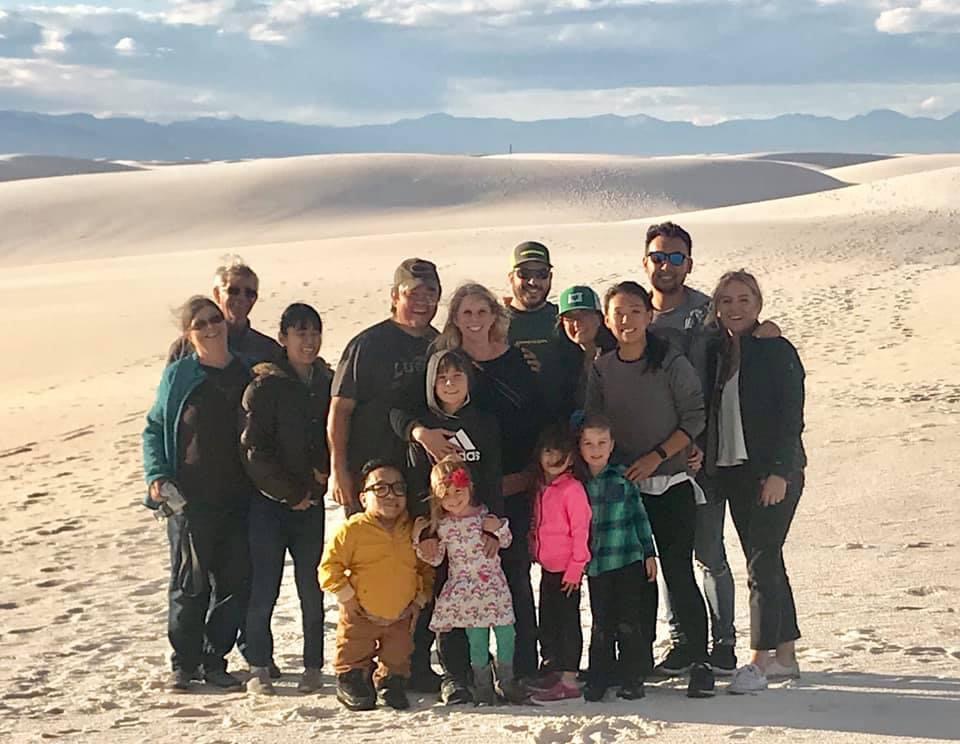
My parents made a lot of adjustments upon my arrival home. Adding a new member is always hard, but because of my dwarfism I also had some physical limitations that would require surgery. From the age of 5 to 21, I underwent 13 surgeries. A lot of my childhood was spent at Shriners Hospital for Children in Portland, Oregon — having surgery, recovering from surgery, or having the doctor tell me that I needed another surgery. My mother never left my side during those times. As much as I feel my childhood might have been stolen because of all the surgeries, all that time was spent with my lovely mother, and I wouldn’t have had it any other way.
My parents are both Caucasian and had two birth children before they started to adopt. About a year and a half after I was adopted, they fostered my older sister, Trisha, who has a disability as well. They later adopted her. My parents went from being a family of four, to a family of nine in just over two years. They always told us that our birth parents loved us and chose to give us a better life by making the hard decision to place us for adoption. I never have to question that. I believe it to be true.
Throughout my life – from birth to the orphanage – there was never a gap in love.
Throughout my life – from birth to the orphanage – there was never a gap in love. I always had a certain sense of protection that never made me question my identity. My birthmother knew she couldn’t take care of me and made the hard decision to abandon me in a busy city. Could she have gone about it in a different way? Sure. I was found wandering the streets of Ilsan. For how long, I’m not sure. But I have to believe that my birthmother didn’t have a choice. My adoptive parents have always been open and honest with me about my past and my adoption, answering any and all questions. They made me who I am today, and that’s all that matters.
As much as these next few words might be a little controversial, I’m going to say them anyway: by adopting me, I believe my parents helped saved me. I know a lot of people who would be offended by that statement and disagree with me, saying that I could have had a successful life in Korea with my birthmother. My parents would never claim that they saved me, and would probably say that I’ve blessed them just as much as they’ve blessed me. But listen to what I’m saying. By adopting me, my parents were able to provide me with access to quality medical care – care that I needed to survive. But that’s just the tip of the iceberg.
Today, I am in a place where I am more accepted and have more opportunities to grow and succeed – opportunities that, because of my disability, I would have never had in my native land. This is why I believe my parents helped make all the difference for me. They gave me the best opportunity to be successful and accepted.
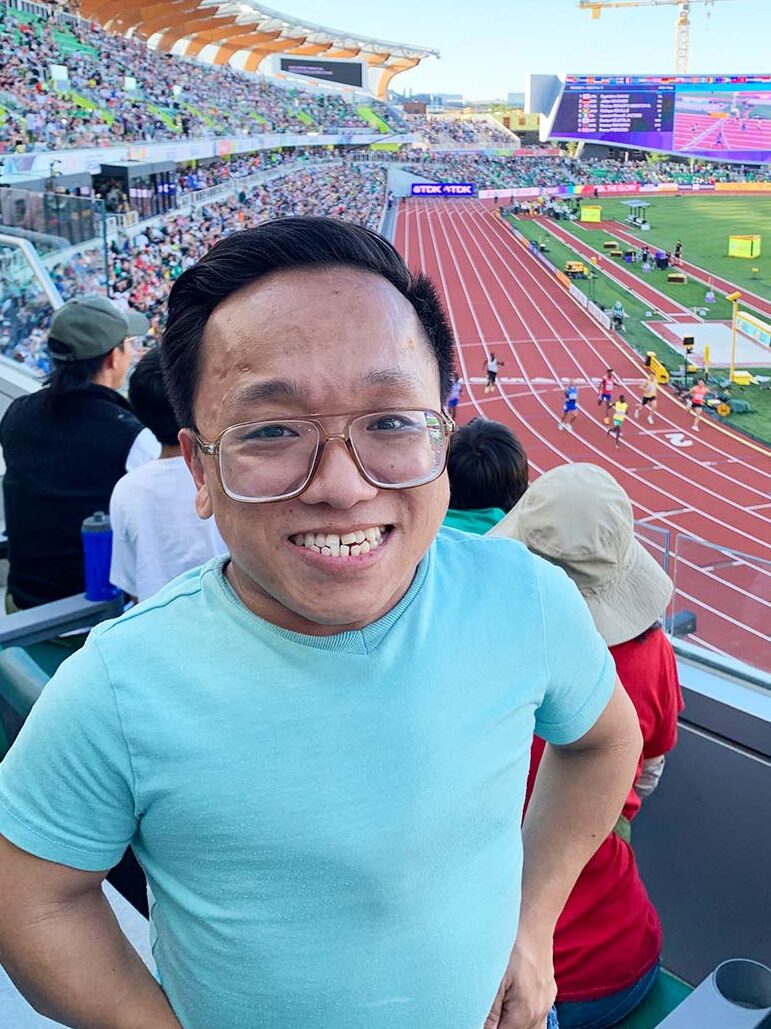
Having a disability and being 3 feet tall is hard to explain. But this is my life. I don’t know any different.
For me, the shortest and best way to explain it is like this: Imagine requiring special assistance in every part of your life. From a stool to help you reach the bathroom counter, to pedal extenders and a booster seat to help you drive, to asking strangers to reach something at the grocery store and not being able to carry many groceries because of your short stature and height restriction to push a cart. Also, you are constantly observed and pointed out as something unique. I always tell people, it’s like being a celebrity without any of the perks. I am very fortunate to live an independent life, which I believe was only possible because of the access I had living in the United States.
As I look at the landscape of international adoption and observe how it has shifted toward special needs adoption, it’s my desire to be a voice for those adoptees, and to share my experience with them. I am never going to be shy or ashamed about the labels I am given. I am a Korean Adoptee. I am disabled, and I am a special needs adoptee.
As I look at the landscape of international adoption and observe how it has shifted toward special needs adoption, it’s my desire to be a voice for those adoptees, and to share my experience with them. I am never going to be shy or ashamed about the labels I am given. I am a Korean Adoptee. I am disabled, and I am a special needs adoptee. All of those labels define who I am as a person as much as my last name defines me as a member of the Love family. But I am not going to let those labels pigeonhole me or allow me to make excuses for what I can or cannot do. I know that through these labels, I have been given a voice, a platform to speak about my special situation.
Loved Without Condition
One person I cherished the most during my short time in Korea was my physical therapist at Ilsan, who I was able to see for several days when I traveled to Korea two years ago. Because of my disability, I spent a lot of time with her. I had a lot of pictures of this lady when I was adopted and was able to have those photos explained to me. She told me that she would take me on special trips. She expressed how grateful she was to see me as an adult and how well I turned out. This amazing woman loved me without condition.
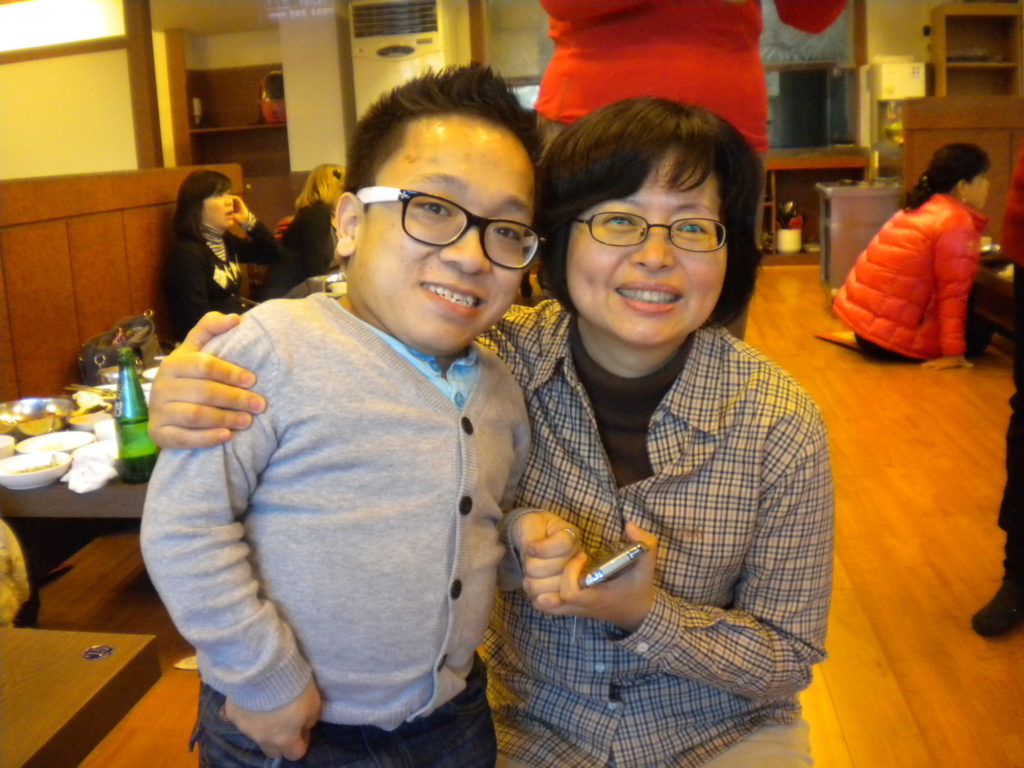
I could tell you that I have been successful because of my own drive and determination. But that would be disingenuous. I have been successful because of the people who have cared about me. The people who gave me a little bit of themselves. From my birthmother and my housemother, to my physical therapists and my parents. I am a reflection of all of them. My success comes from them. I thank them for their sacrifices, and hope that I can make them proud – showing them how much a “special needs” adoptee can accomplish in this life.
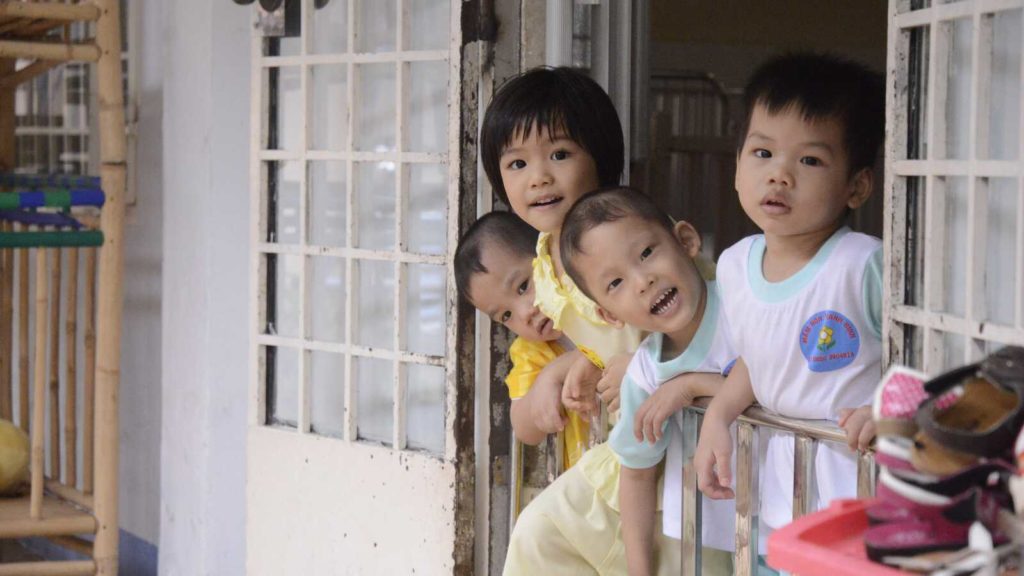
Help Protect International Adoption for Children
Your gift today will help a child be adopted, care for them while they wait, and even ensure that they receive critical post-adoption help for life!
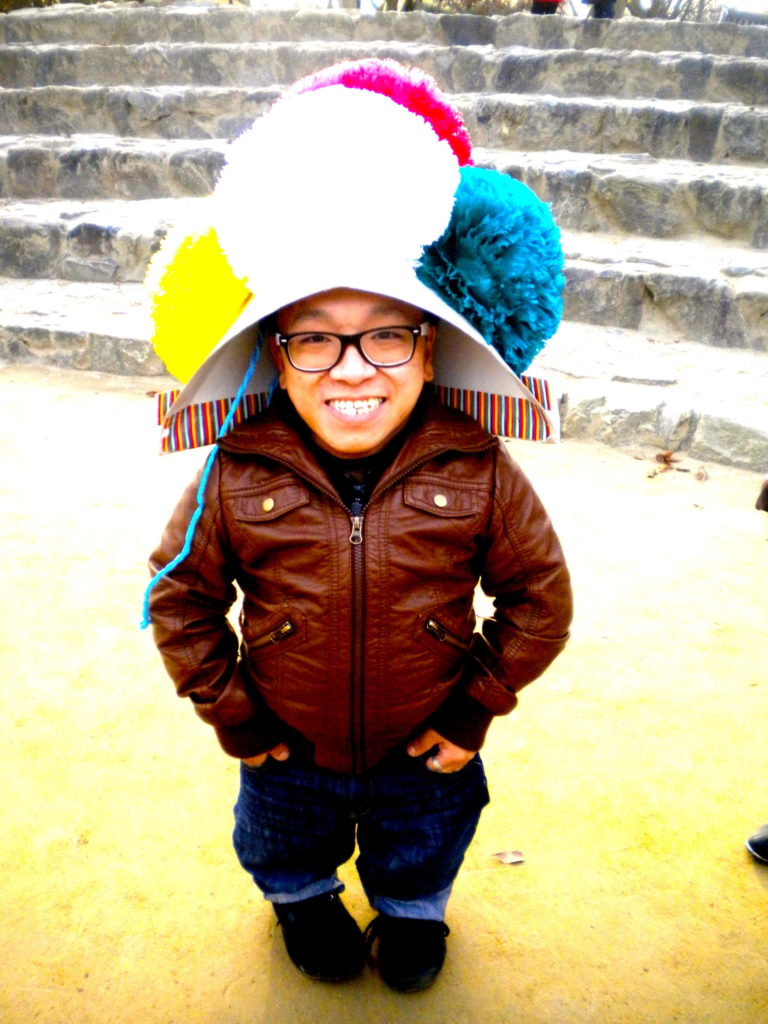
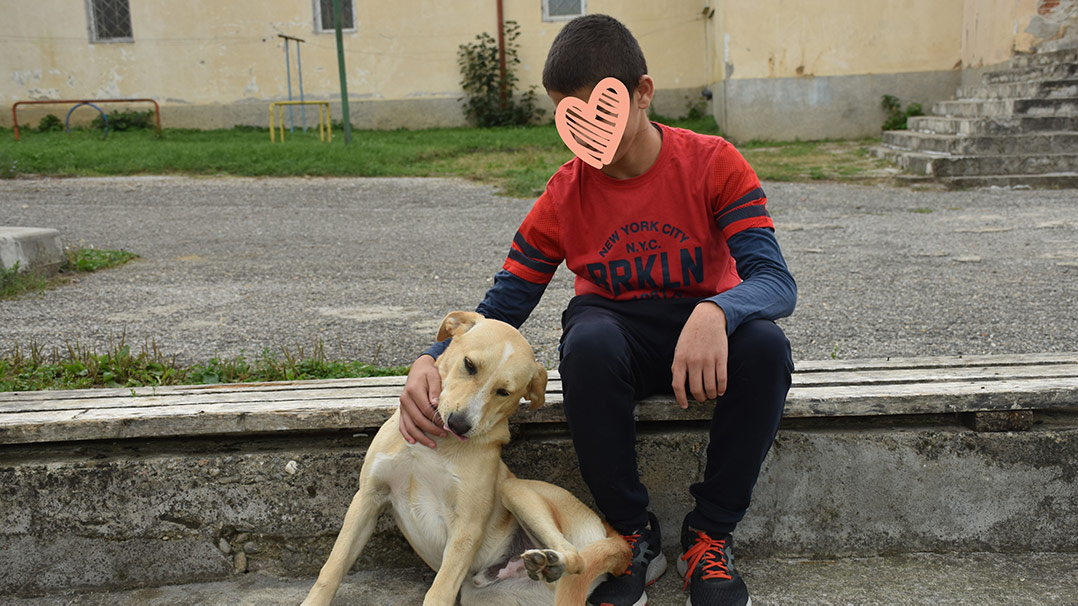
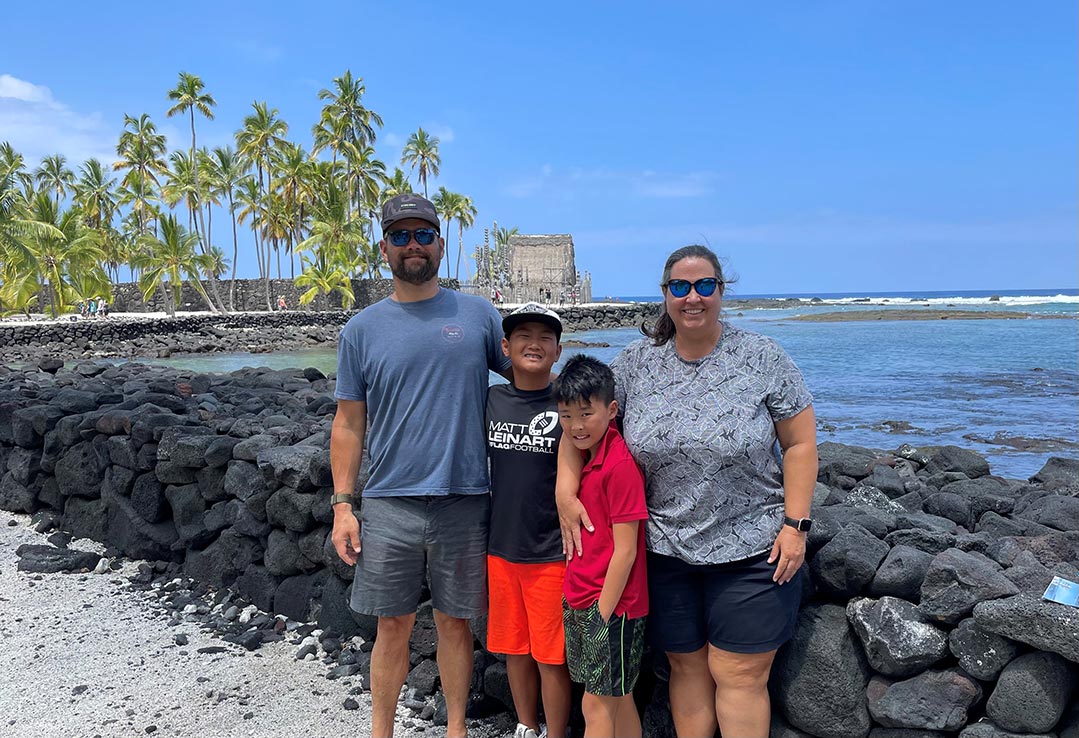
Thank you for sharing your story.
Beautiful. Thank you for your honesty. We are on an adventure to bring home a child with limb difference from China. Your story gives me hope and makes me so excited about what is ahead for our family and for our children.
I was very impressed with this eloquent young man. I’m confident he will succeed at whatever he chooses to do in life. May God continue to bless him and his family!
I really appreciate this! We’re blessed with a lot of resources to hear from international adoptees in general, but this would be I think the second article I’ve found (I’ve looked for a while) from an international adoptees with special needs. And I think that’s really needed in adoption today, as a most international adoptions are special needs. Thank you again, Jordan, and if you or any other other international adoptees with special needs are able to share here more, I’d love to read it!
Jordan, you are such a bright light. You never let your situation prevent you from becoming such an amazing man. I am grateful for your friendship to our entire family. You are loved and admired by us all. Keep shining your light Jordan.
Excellent writing, Jordan. I learned about this article from the Christian News Northwest newspaper in the article about your Miles for Moms 5K event coming up soon. I remember you and your mom from when you attended Awana (I think it was) at Pleasant Hill Baptist Church. So glad to hear the rest of your story and that you are just where God can use you best for His glory today.